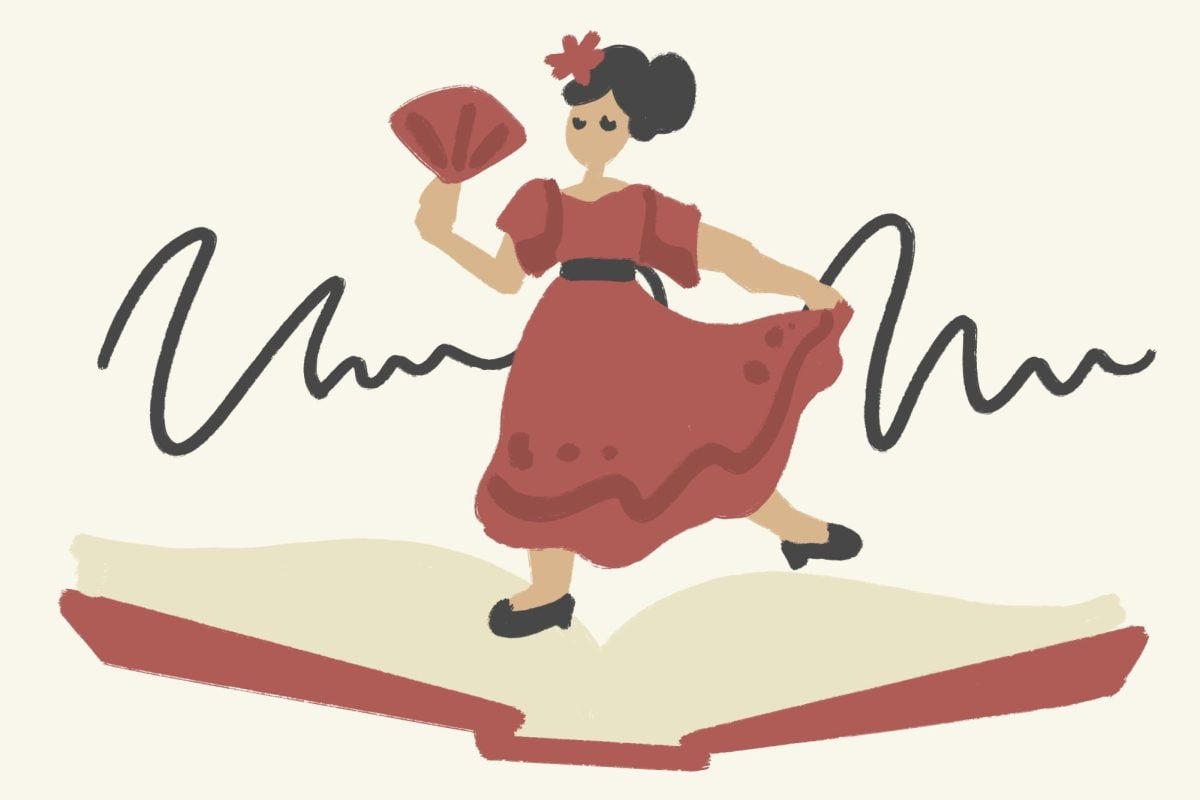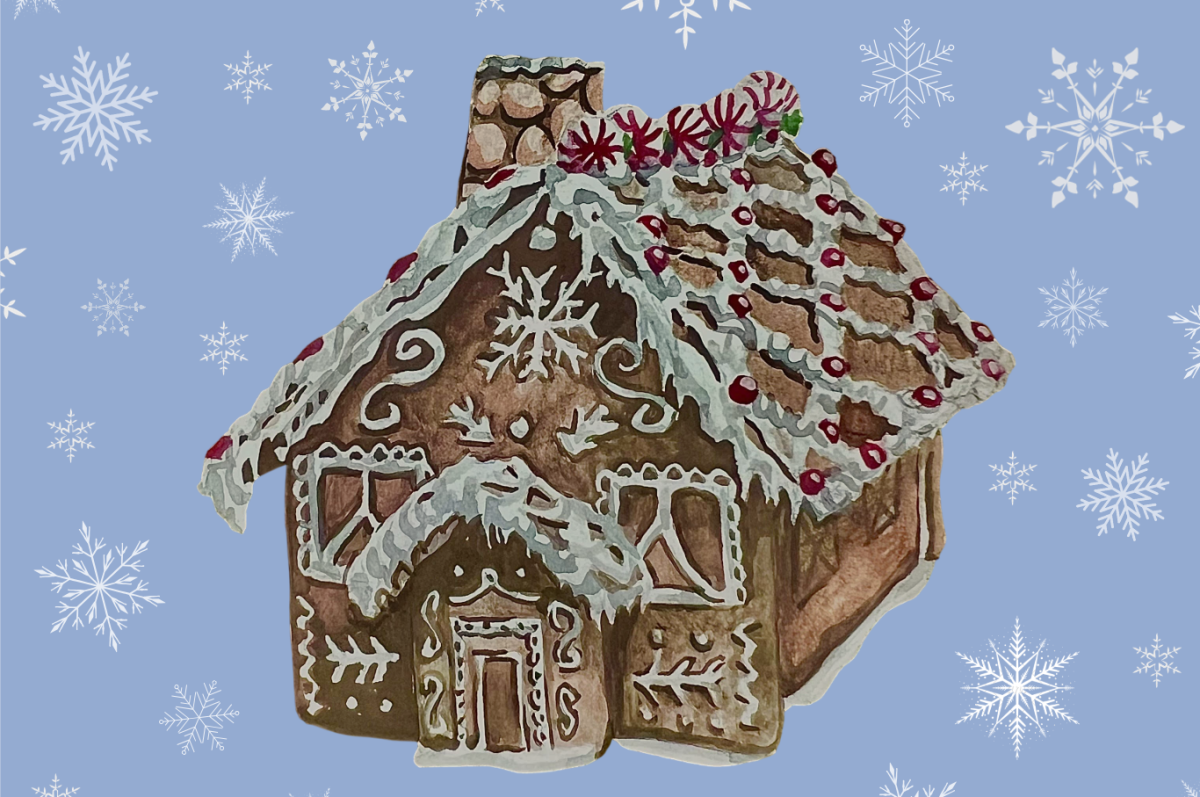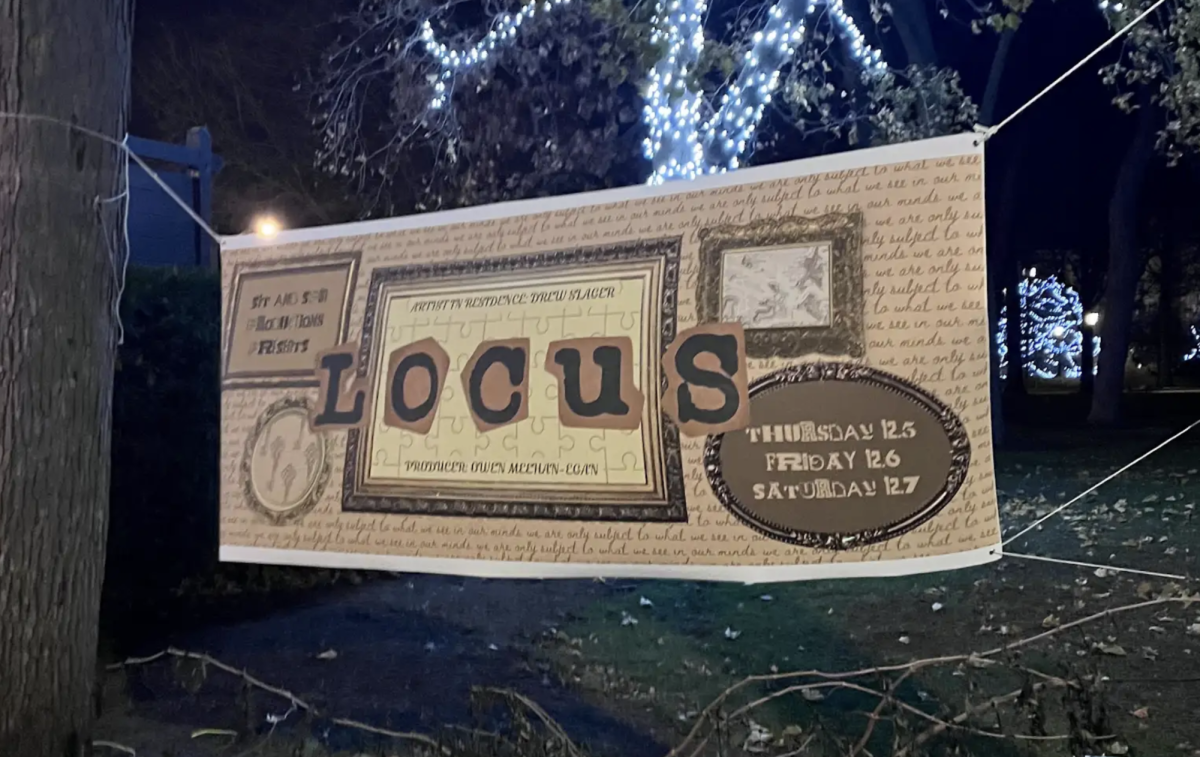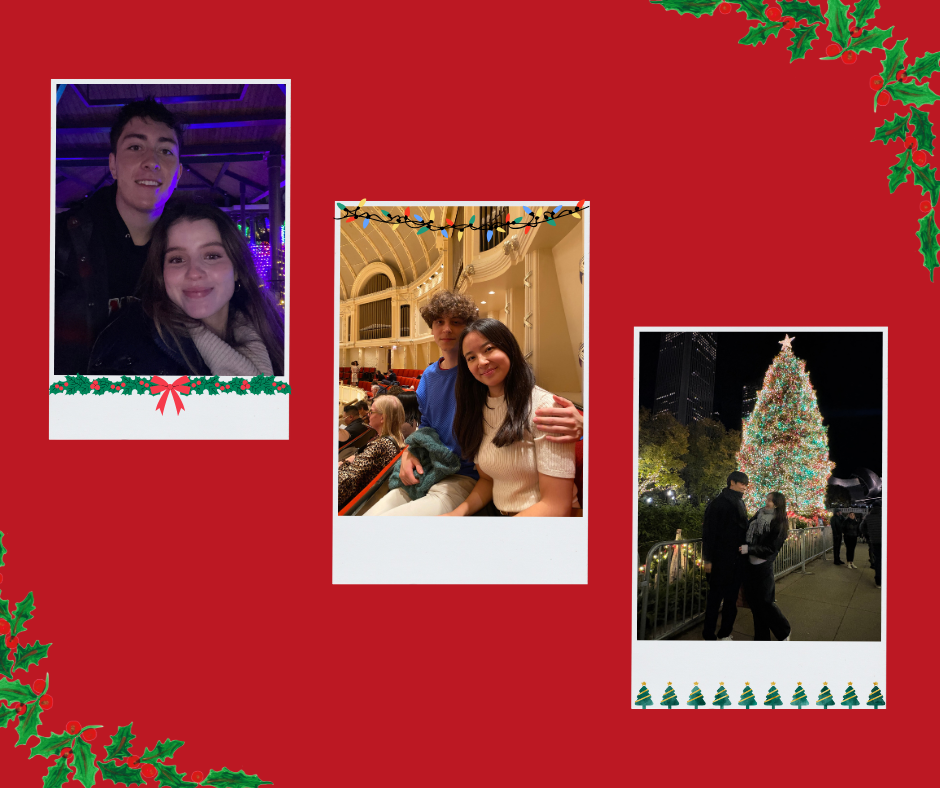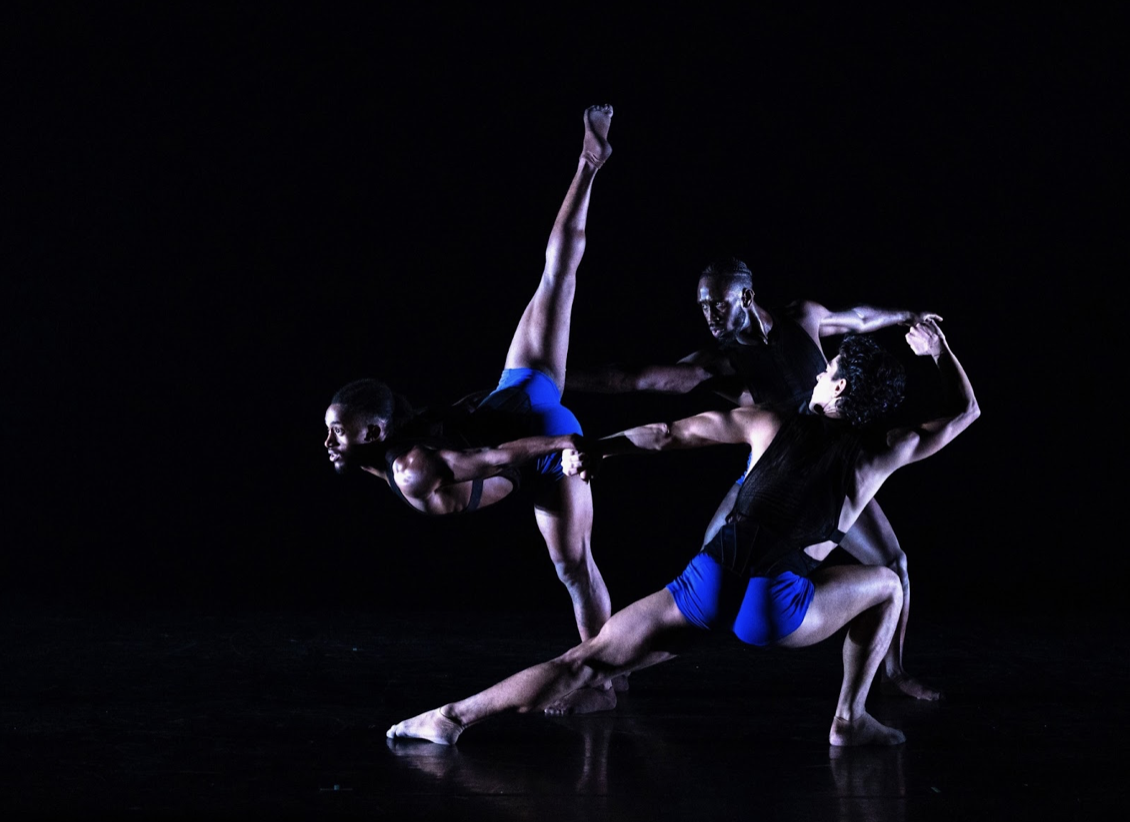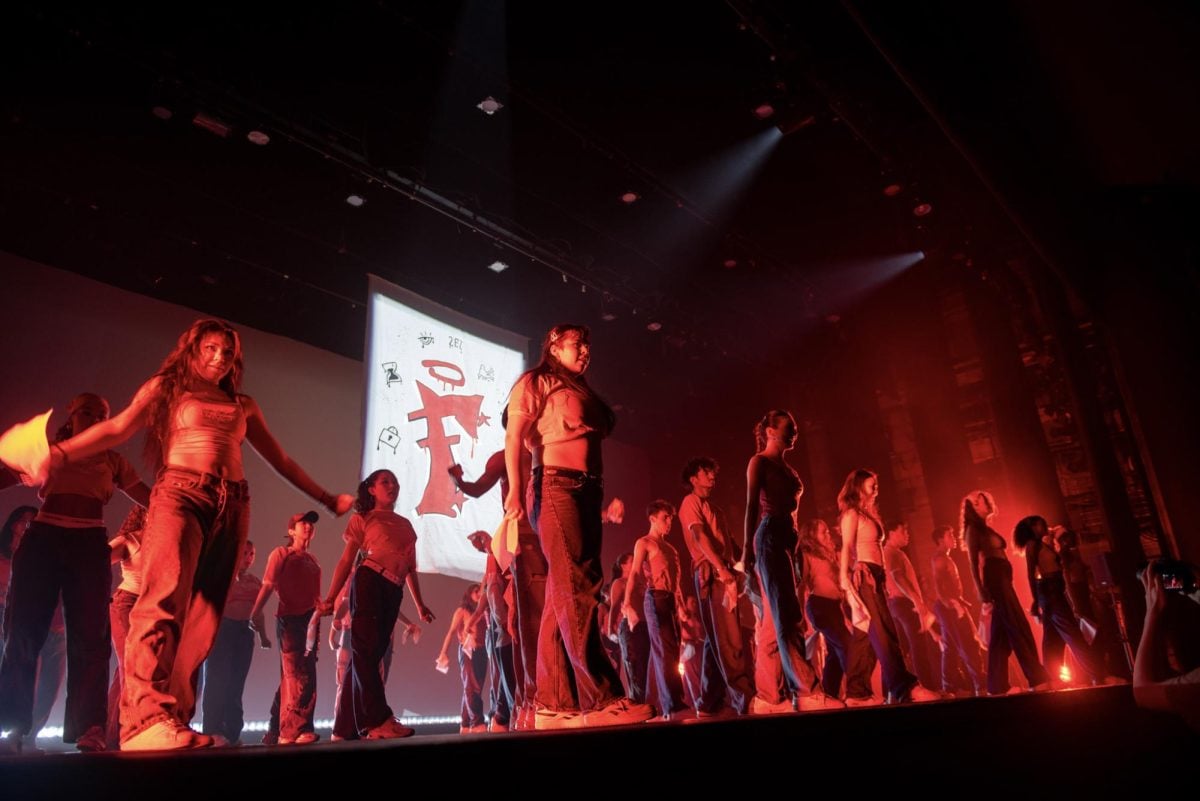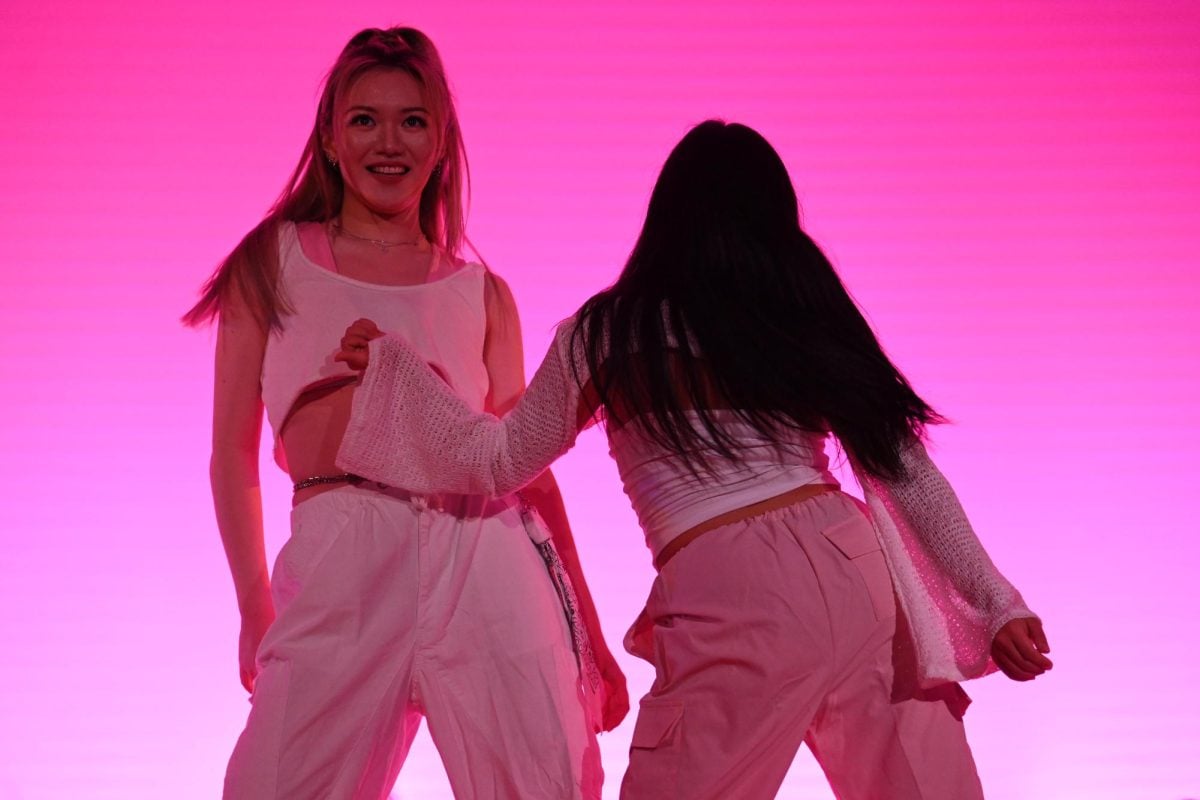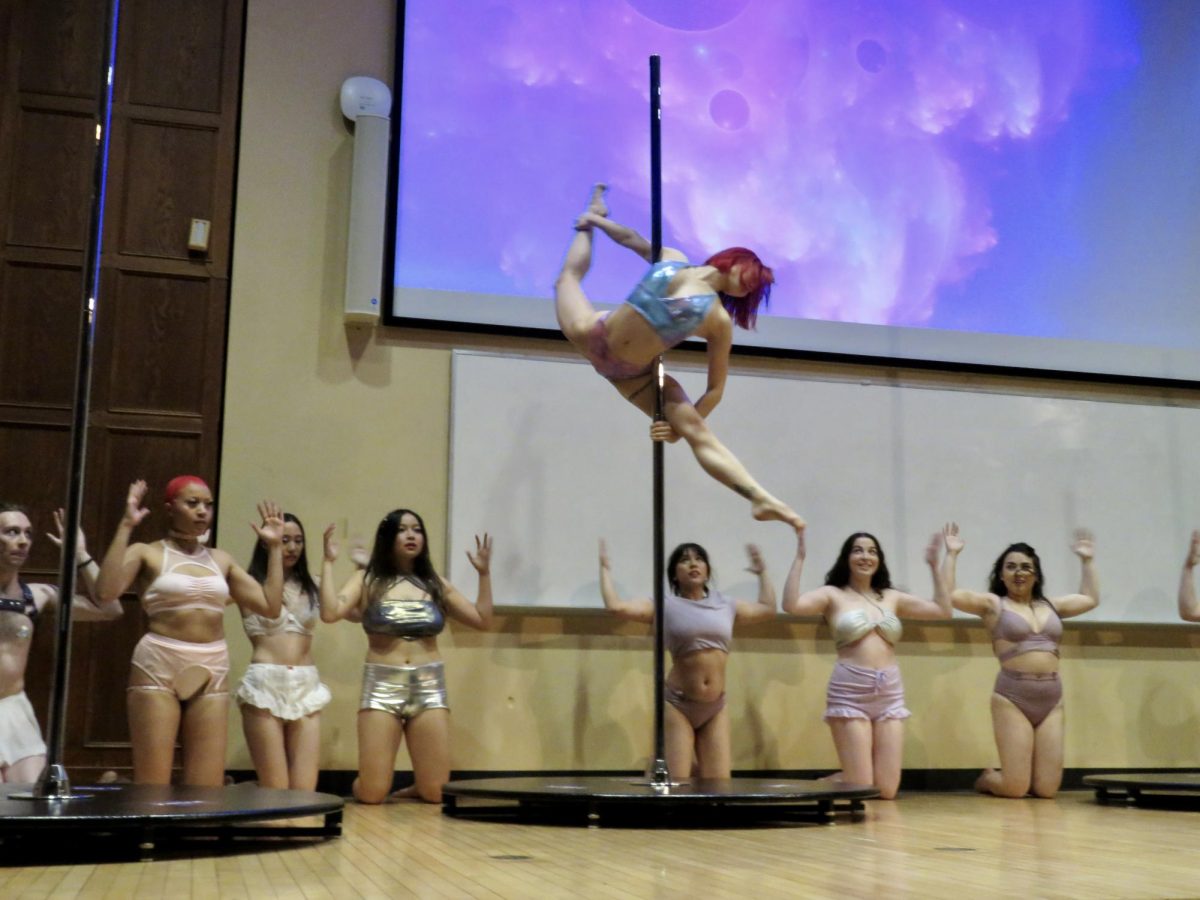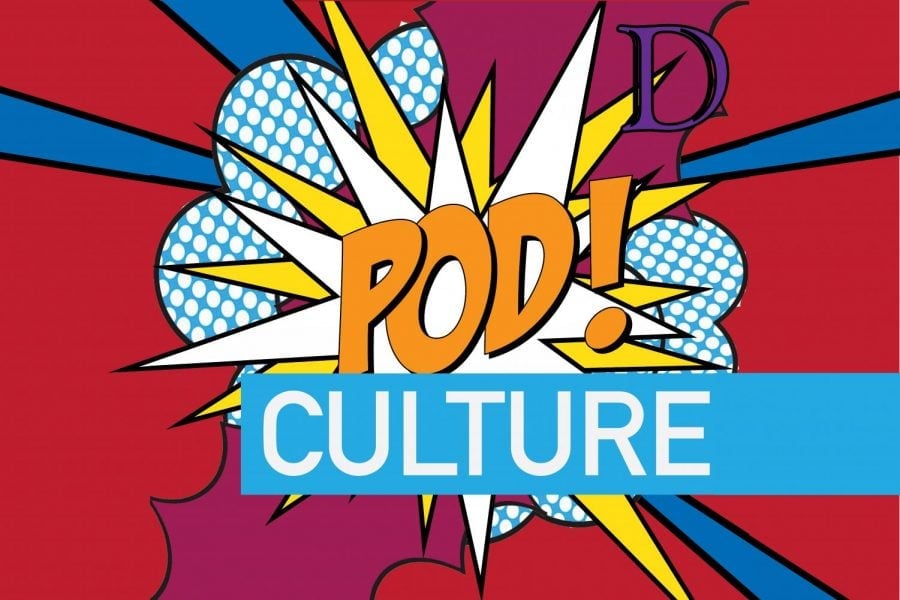Spanish philosopher, dancer and author Dr. Fernando López Rodríguez presented his second book “Historia queer del flamenco: Desvíos, transiciones y retornos en el baile flamenco (1808-2018)” (“A Queer History of Flamenco: Deviations, Transitions, and Returns in Flamenco Dance (1808-2018)”) to Northwestern’s Department of Spanish and Portuguese on Tuesday via Zoom.
Around 14 students and faculty attended the call, but the largest portion of the audience was Prof. Miguel Caballero-Vázquez’s Spanish 350 class.
Spanish 350 — Rosalía: Iconography, Performance, Poetics — uses the music of Rosalía as a vehicle to explore flamenco as a whole, Caballero-Vázquez said.
Caballero-Vázquez said he chose to invite López Rodríguez as the class’s first guest speaker because he believed his work could offer a new perspective on flamenco.
“We have, in previous classes, talked about the African roots of flamenco, the Roma roots of flamenco and the Gitano roots of flamenco, and this talk gave us the perspective of how queerness is performed and lived through flamenco,” Caballero-Vázquez said.
López Rodríguez, who has a Ph.D. in Aesthetics, Sciences and Technologies of the Arts from University of Paris 8 Vincennes-Saint-Denis, discussed his methods of research and the queer people, women and ethnic minorities represented in his book .
“Historia queer del flamenco” is an extension of López Rodríguez’s first book, “De puertas para adentro: disidencia sexual y disconformidad de género en la tradición flamenca (Indoors: Sexual Disidency and Gender Nonconformity in Flamenco Tradition).”The second book focuses on the relationship between flamenco and its forgotten contributors, namely queer people.
López Rodríguez said he relied on informal interviews and archival evidence. He developed a “philosophy of suspicion” when consulting historical evidence because many sources don’t mention the role of queer people in flamenco.
“The surprise was this: an overwhelming number of artists, a volume of what we call overflowing creativity,” López Rodríguez said in Spanish. “A lot of traces of cabaret, of comedy, of the grotesque, of the erotic, and how it produced a distinct class of avant-garde art that was emerging in the very beginning of the 20th century.”
He spoke further on how gay men and lesbians changed the art of flamenco by transforming and adapting conventions of masculinity within the art. He said in Spanish his “wish was to … give visible space and acknowledgment to these artists.”
Weinberg senior Paz Baum attended the event because of her background in dance and identity as a queer person. She said she appreciated the recognition López Rodríguez gave to queer people’s contributions to the art of flamenco.
“Dance, for me, was always an artistic outlet. I never really connected it to other parts of my identity,” Baum said. “Learning that there was this queer history of flamenco made me want to reconnect with the art I had done while growing up.”
While flamenco is mainly an auditory or oral tradition, López Rodríguez said much of his research consisted of consulting archival evidence in addition to informal interviews.
Caballero-Vázquez said he hopes his students will demonstrate what they have learned in this lecture and the class as a whole in their final project for the class. The projects will be an opportunity for students themselves to begin documenting the history of flamenco.
“It’s not only recovering something from the archives and making it visible, but also intervening and having a conversation, rethinking it artistically,” Caballero-Vázquez said.
Email: [email protected]
Related Stories:
— Department of Spanish and Portuguese faculty discuss virtual reality, art at Professional TED Talk event
— Spanish and Portuguese Department hosts Penn State Prof. Malena Ramírez for bilingual theatre workshop
— Captured: Fiesta Hispana highlights Hispanic culture for the fourth year in a row
